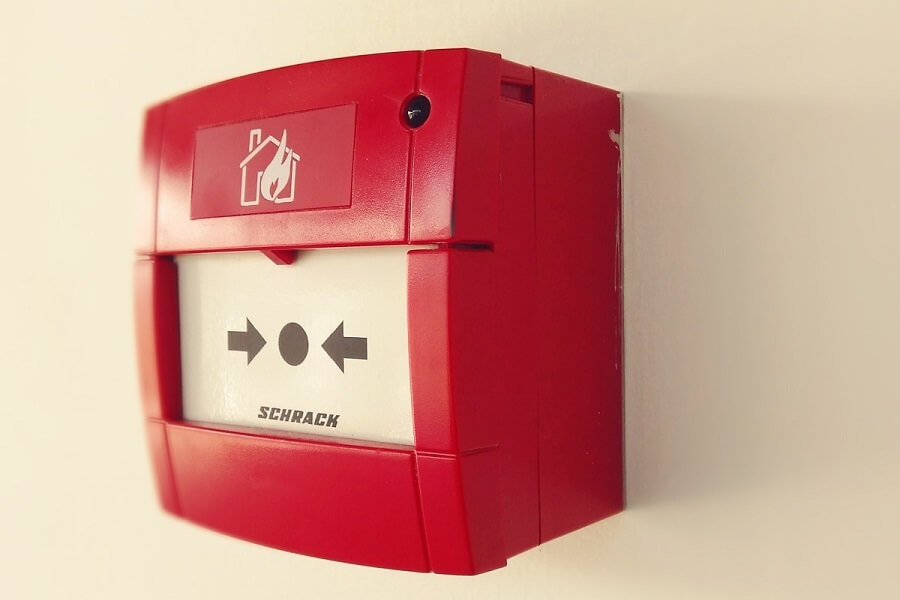Fire Prevention Measures
First and foremost, prevention is critical. Every tenant should take proactive measures to minimize fire risks within their apartments and the building. Installing a fire detection system in your apartment and ensuring they are in working condition is non-negotiable. Regularly check the batteries and test the alarms to guarantee they will function when needed.
In addition to alarms, familiarize yourself with the building's emergency routines. Know the location of fire extinguishers, fire exits, and emergency assembly points. Regularly participate in fire drills organized by the building management to practice evacuation procedures. These drills prepare you for emergencies and help identify any shortcomings in the evacuation plan that need to be addressed.
Emergency Preparedness
Effective emergency preparedness involves training floor wardens and ensuring all tenants know fire safety protocols. Floor wardens are crucial in guiding residents during evacuations and coordinating with emergency services. They should receive regular training sessions to update their knowledge and skills.
Building management should use various communication channels such as signage, emails, and informational sessions to educate tenants about fire safety measures and emergency procedures. Clear and concise instructions should be provided regarding what to do during a fire, including evacuation routes, assembly points, and contact information for emergency services.
General Safety Tips
Aside from specific fire prevention measures, there are general safety tips that every apartment tenant should adhere to. Avoid blocking fire exits or obstructing corridors with personal belongings. In a fire, these obstructions can impede evacuation efforts and endanger lives.
Furthermore, manage electronics responsibly to prevent electrical fires. Overloaded power outlets and faulty wiring are common culprits in residential fires. Regularly inspect electrical appliances and cords for signs of damage and avoid using extension cords as a permanent solution.
Children and Pets Safety
Regarding fire safety, special attention should be given to vulnerable members of the household, including children and pets. Ensure that any potential fire hazards, such as matches, lighters, or candles, are kept out of reach of children. Teach them about fire safety practices in a way that is age-appropriate and easy to understand.
Similarly, pet owners should take precautions to safeguard their furry companions. Keep pets away from open flames and never leave them unattended near potentially hazardous materials. Consider installing pet-friendly window guards to prevent accidental falls during emergencies.
Building Community Engagement
Lastly, fostering community engagement among tenants is essential for maintaining a safe living environment. Encourage open communication and collaboration regarding fire safety concerns. If you notice any potential hazards or safety violations, don't hesitate to report them to the building management or relevant authorities.
Organize community events or workshops focused on fire safety to educate tenants and foster a sense of collective responsibility. By working together, residents can help identify risks, implement preventive measures, and respond effectively in case of emergencies.
Regularly Conduct Fire Safety Inspections
Take proactive steps to identify and address potential fire hazards within your apartment. Conduct regular fire safety inspections to ensure that smoke detectors, fire extinguishers, and emergency exits are in good working condition.
Pay close attention to common areas, such as the kitchen, where cooking-related fires are more likely to occur. Keep flammable materials away from heat sources, and be mindful of any appliances that may pose a fire risk. By staying vigilant and addressing hazards promptly, you can minimize the likelihood of a fire and protect yourself and your neighbours from harm.
Final Thoughts:
Fire safety is a shared responsibility that requires proactive measures and collective effort from all tenants in a residential apartment building. Following the tips and guidelines can help create a safer living environment for yourself, your neighbours, and your loved ones. Remember, when it comes to fire safety, preparedness is paramount.
Want more security for your living place? Check here: How To Choose The Right Security Camera







